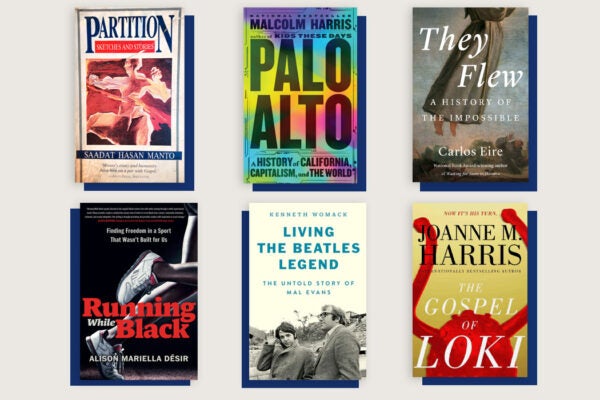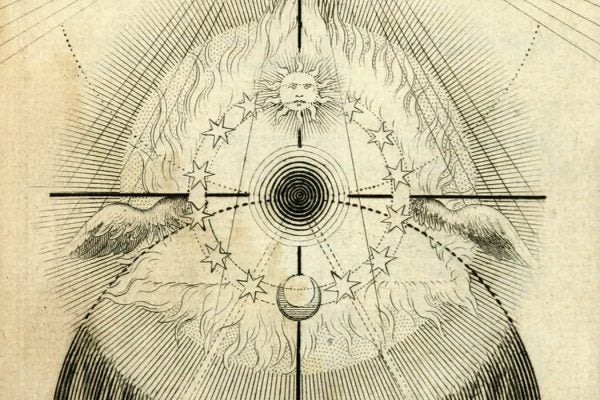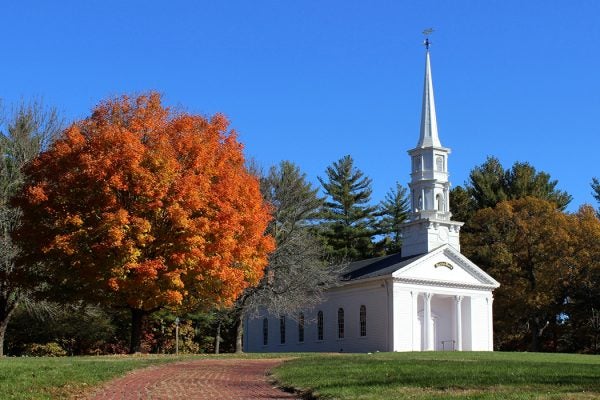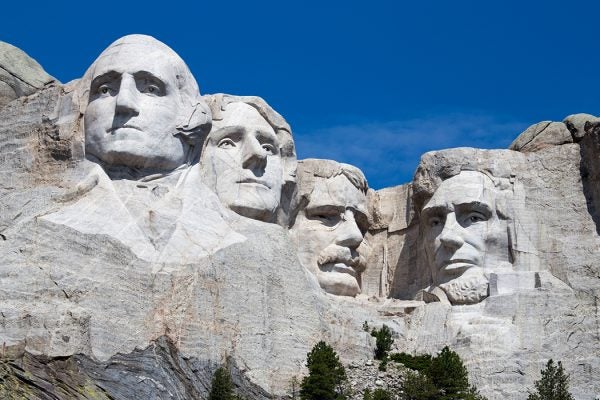What We’re Reading 2023
Enjoy a fresh batch of year-end book reports from all of the readers, writers, and editors at JSTOR Daily!
A Tale of Two Visionaries
What roiled the mind of Nebraska poet John Neihardt with whom Black Elk, the iconic Lakota holy man, shared his story?
Religion of the Devil, Philosophy of the Coiled Serpent
In yoga’s early days in the United States, skeptics warned it would lead people (e.g., women) of good faith and standing into paganism and ill repute.
Terence McKenna’s Anarchic Psychedelic Religion
Terence McKenna was an evangelist for the use of psilocybin and other mind-altering drugs, as a way to transcend and escape “untrammeled rationalism.”
The Changing Meaning of “Mysticism”
People who don't follow organized religion sometimes describe themselves as spiritual. But this idea isn't a recent invention.
How Columbine Brought Religion into Public Life
In the aftermath of 1999's Columbine massacre, American media and politicians focused on the secret world of delinquent youth and how they might be saved.
The Uncertain Future of the Religious Left
The aftermath of the 2016 U.S. election has renewed calls for an empowered coalition of religious liberals. Is there a place for the religious left?
The Unlikely Reason Why Mount Rushmore Exists
Mount Rushmore has been controversial since its inception. Its designer, Gutzon Borglum, wanted to communicate a particular vision of American history.
How Religious Literacy Might Have Changed the Waco Tragedy
Religious scholars argue that the Waco raid was not justified and that with more understanding of theology, the loss of life could have been avoided.









